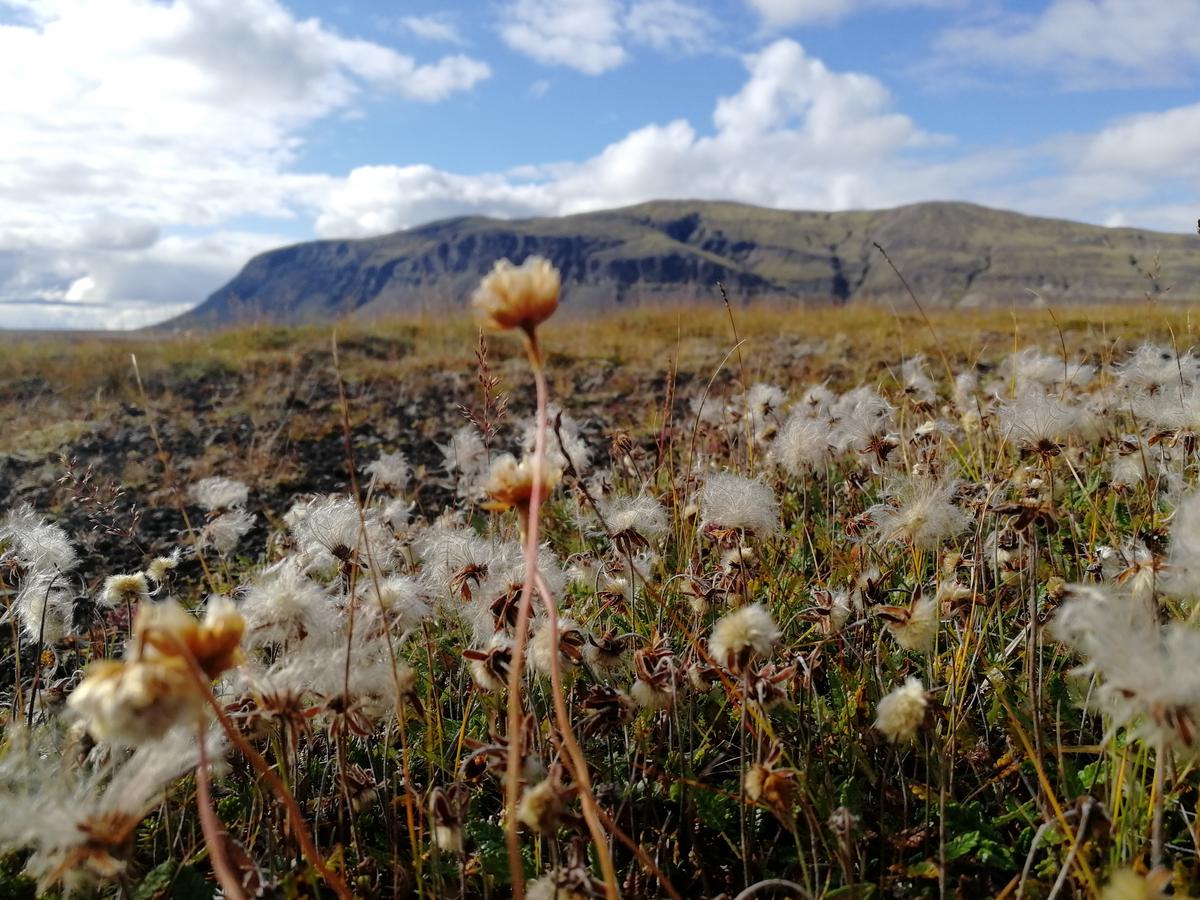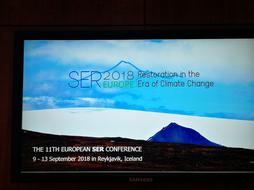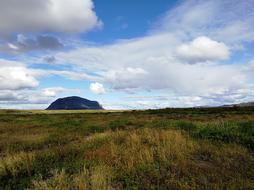Conference in Reykjavik, Iceland
Restoration in the Era of Climate Change (9th to 13th Sep 2018)
 Impression from mid-conference excursion to vulcano Hekla
Impression from mid-conference excursion to vulcano Hekla
Abstract of my talk
What should we plant to maximise the supply of multiple ecosystem services in the long-term?
Sebastian Fiedler, José Monteiro, Michael P. Perring, Britta Tietjen
The delivery of many ecosystem services that people rely on for their well-being is declining world-wide. This decline is likely to continue in the light of multiple global changes. Ecological restoration is increasingly touted as being a viable strategy to assist ecosystems in a way that improves their long-term supply of ecosystem services and makes them resilient to future threats, especially in biodiversity hotspots such as Mediterranean-type ecosystems. However, successful realisation of such a strategy requires a fundamental understanding of the link between ecosystem composition, related ecosystem functions and services, and influencing environmental factors. Measurable plant traits (e.g. height, specific leaf area, seed mass) have been recognised as such a link. Until now, however, trait-based research that addresses trade-offs among multiple services under the impact of multiple environmental factors to reliably support restoration in Mediterranean-type ecosystems is missing. In our study, we started closing this gap by integrating empirical research and process-based simulation modelling approaches. We developed an eco-hydrological simulation model complementing an ongoing large-scale restoration project in Western Australia. This spatially-explicit model explicitly links vegetation composition (consisting of individual plant functional types described by traits), ecosystem functions, and the provision of ecosystem services. For a given vegetation composition and other properties of the ecosystem (in terms of soil and climatic conditions) processes for vegetation, nutrient and water dynamics are calculated and the delivery of ecosystem services are quantified. In a full factorial design of different plant trait compositions and influencing environmental factors, trade-offs among services could be assessed, and the resilience of the ecosystem towards multiple factors of global change were tested. In particular, we found assemblages of plant traits that minimise trade-offs among ecosystem services under global change. These findings will aid in improving restoration towards the resilient long-term supply of multiple ecosystem services in Mediterranean-type ecosystems.



